Prior to coming to Chile, I had planned on enrolling in a class at a Chilean university, in addition to taking classes with other study abroad students at IES. Although I decided to take all my courses through IES, I still wanted to find a way to get involved with Chilean university life. Initially, I enjoyed the empty planner and free nights to do as I pleased. However, the transition of being very involved at Hope to coming to a country that had no expectations or obligations for me was a tough one.
La Universidad Católica does a great job of welcoming and including international students (yes, even those who aren’t actually taking classes there, like me). There are plenty of free on-campus events, groups that offer trips and tours around Chile, and even an exchange partner program to practice Spanish with a Chilean Student practicing their English. Even more, the University offers “talleres,” which are just like intramurals. Being a Hope Intramural Volleyball Champion two years running (yeah, it was the less- competitive league…), I was ready to bump, set, and spike it with some Chileans. However, it ended up that the only option that fit into my schedule was the rock-climbing class, so I signed up!
For those of you who are not climbers, let’s just say that my annual summer camp wall climb did not necessarily give me the “climbing experience” that some of the Chileans in my class presented. The two course instructors were professional climbers and had just gotten back from a 3-month climbing trip in Spain! However, most students in the class didn’t have any experience either, and on the first day of class, they equally struggled to find a pair of climbing shoes that didn’t turn their toes into pigeon feet.
Throughout the semester, I climbed every Tuesday and Thursday. Not only was it enjoyable to be active and learn a new sport that I would be able to take back to the States with me, but climbing is relaxing enough that you can engage in conversation while off the wall. Secondly, climbing is not a sport you can do on your own! While on the wall, taking route and learning to belay in Spanish was not easy, but it certainly progressed my listening skills! Lastly, this experience really connected me into a Chilean community. Friends that I met climbing invited me to come camping, celebrate Fiestas Patrias, and go out on the weekends together! Making a Chilean community was certainly not as cookie-cut as Playfair and ice breakers at Hope, but my climbing community invited me in as one of their own!
So, a piece of advice to all those who plan to study abroad, don’t let your friendships and community be confined to the classroom! Go out and try something new. The best people you can find are those who share your passions, and it is an organic connection point that really begins a friendship. Climb on!






















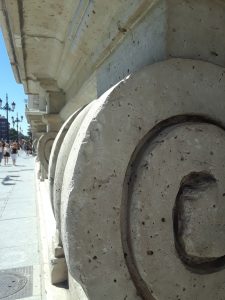























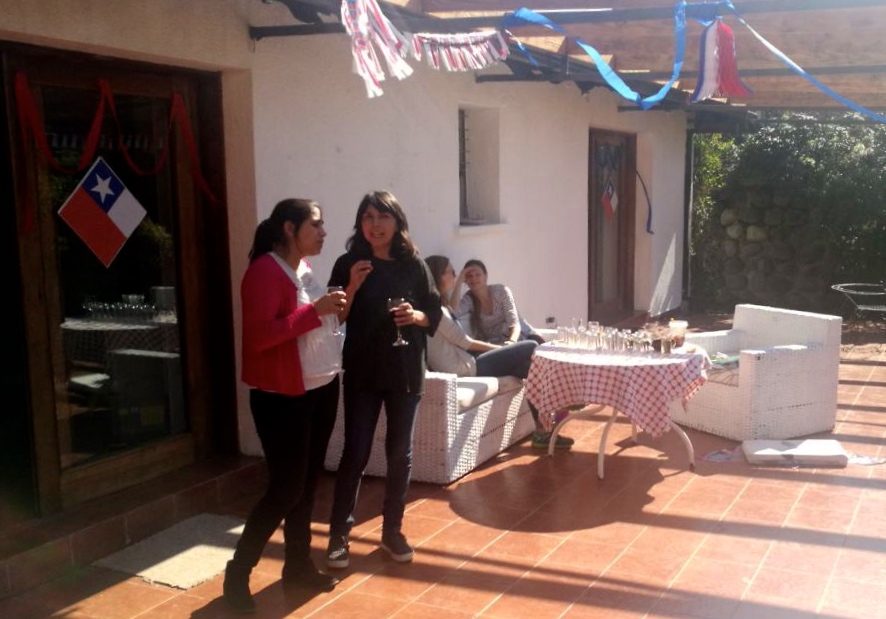

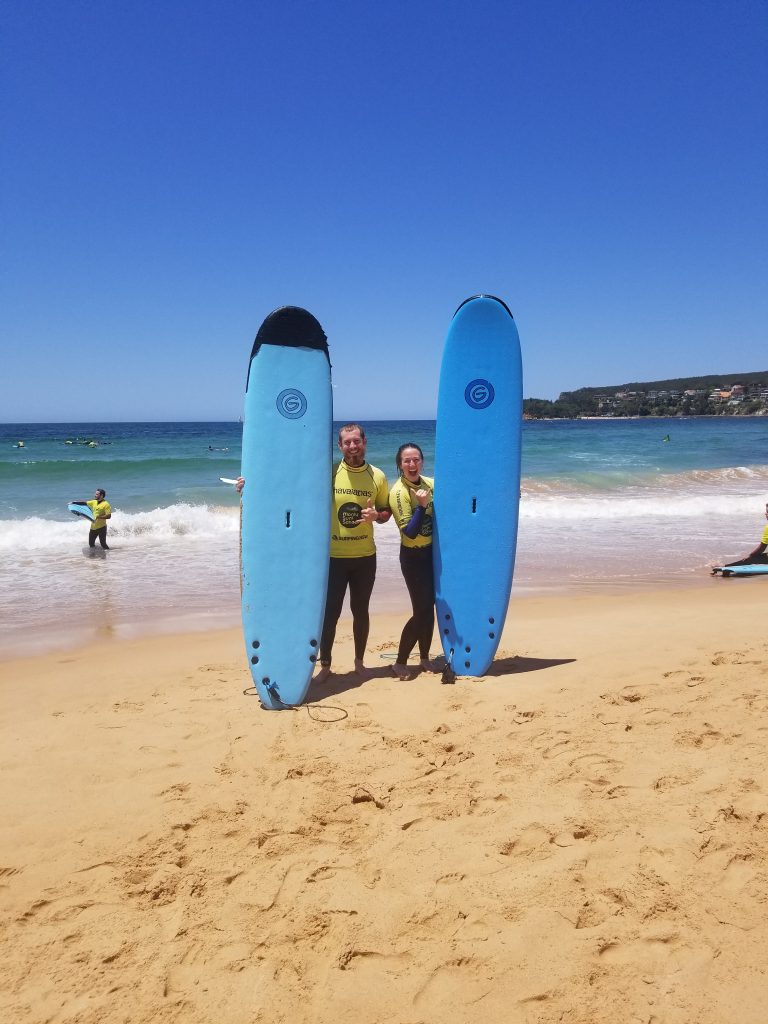
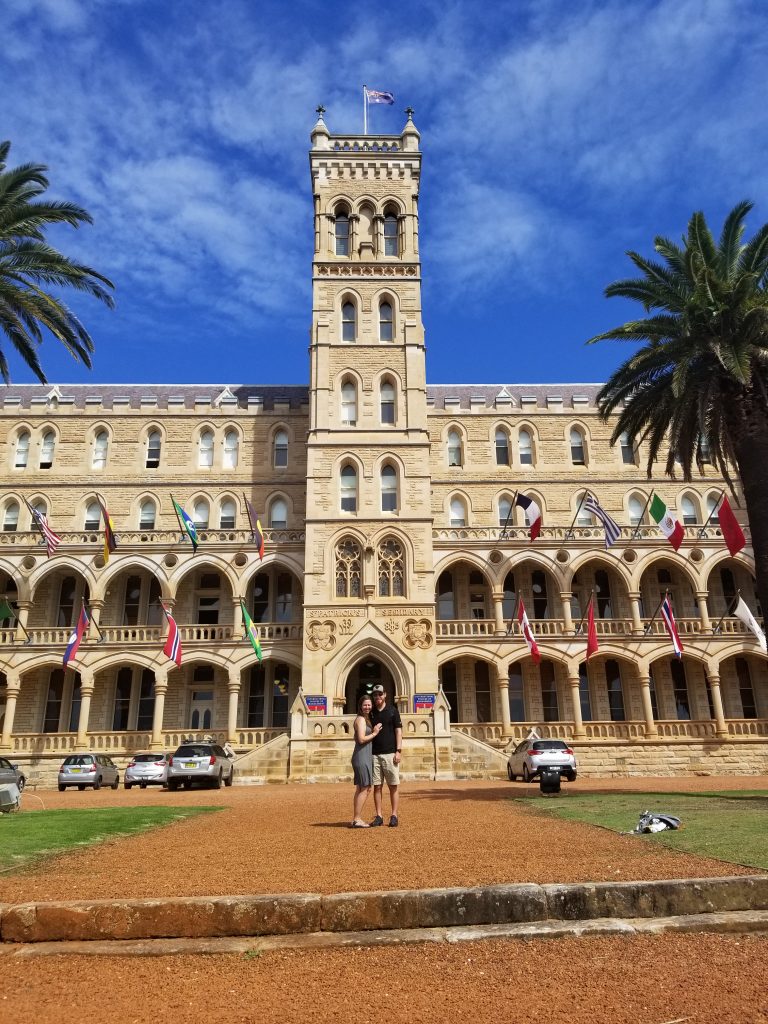
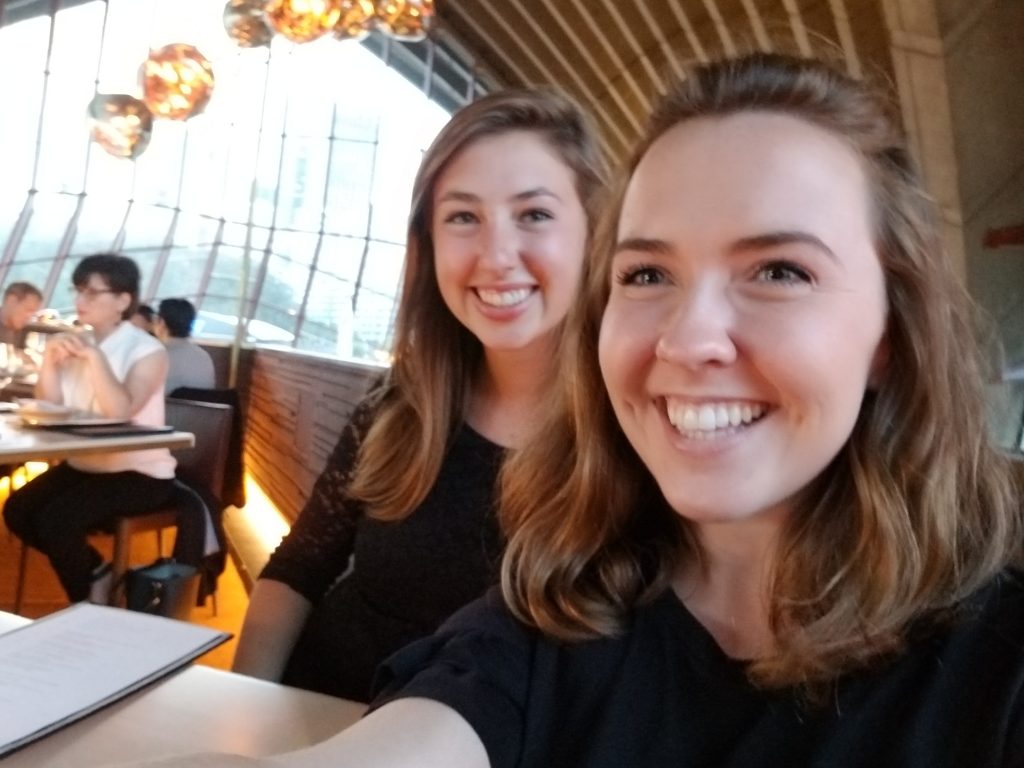
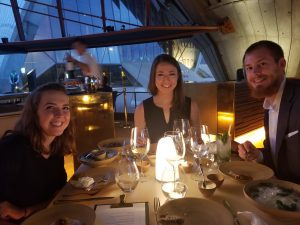 cramming 25 people around the table. There was nothing normal about this Thanksgiving, but I realized it didn’t have to be normal. Nothing about 80 degree weather in November is normal! I had my family there with me and over Skype, my good friend Rachel, and we all ate dinner and enjoyed each other’s company.
cramming 25 people around the table. There was nothing normal about this Thanksgiving, but I realized it didn’t have to be normal. Nothing about 80 degree weather in November is normal! I had my family there with me and over Skype, my good friend Rachel, and we all ate dinner and enjoyed each other’s company.
You must be logged in to post a comment.